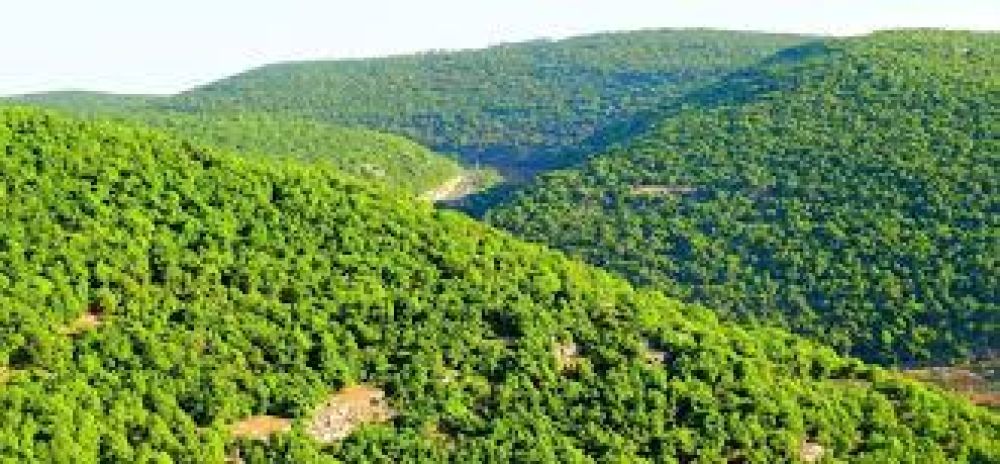

The history of tourism in Ajloun, also spelled Ajlun, is deeply interwoven with the rich tapestry of Jordan's past. Ajloun is home to the famous Ajloun Castle (Qala'at Al-Rabad), which was built by one of Saladin's generals in 1184-1185 to control the iron mines of Ajloun, and to deter the progress of the Crusaders by dominating the three main routes leading to the Jordan valley and protecting the communication routes between Jordan and Syria.
Modern tourism in Ajloun began to develop significantly in the mid-20th century as Jordan became an independent nation and started to promote its historical sites and natural beauty as tourist destinations. With the establishment of the Hashemite Kingdom of Jordan in 1946, increased stability and government initiatives have fostered a growth in tourism over the years.
Ajloun offers a rich combination of unspoiled nature and historical monuments. The region is notable for its dense forests and its historical sites are amongst the most popular for tourists visiting Jordan. The greenery and the mountainous terrain are a departure from the desert landscapes typically associated with Jordan, making Ajloun a unique ecological tourist spot in the country.
The focal point of Ajloun's tourism is the Ajloun Castle. This fortress, built by Izz al-Din Usama, a commander and nephew of Saladin, has stood the test of time and war, drawing tourists interested in the medieval Islamic architecture and the history of the Crusades. The castle sits atop a hill providing a panoramic view of the Jordan Valley, which further adds to its appeal.
In recent years, there has been a rise in eco-tourism in Ajloun. The Ajloun Forest Reserve, established by the Royal Society for the Conservation of Nature (RSCN), attracts nature enthusiasts from around the world. The reserve is a major effort in preserving the region's natural beauty and biodiversity. Tourists can enjoy guided hikes, local homestays, and witness the varied flora and fauna of the region.
Ajloun continues to grow as a tourist destination, with both the Jordanian government and international organizations investing in sustainable tourism. Efforts to enhance the tourist experience include improving infrastructure, increasing accommodation options, and preserving cultural heritage. The future looks promising for Ajloun as it embraces responsible tourism that supports both the local economy and environmental conservation.
With its combination of historical landmarks, natural beauty, and eco-friendly opportunities, Ajloun remains a jewel in the crown of Jordanian tourism. This historic region has successfully transformed from an ancient battleground to a beacon of cultural and ecological tourism.